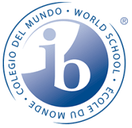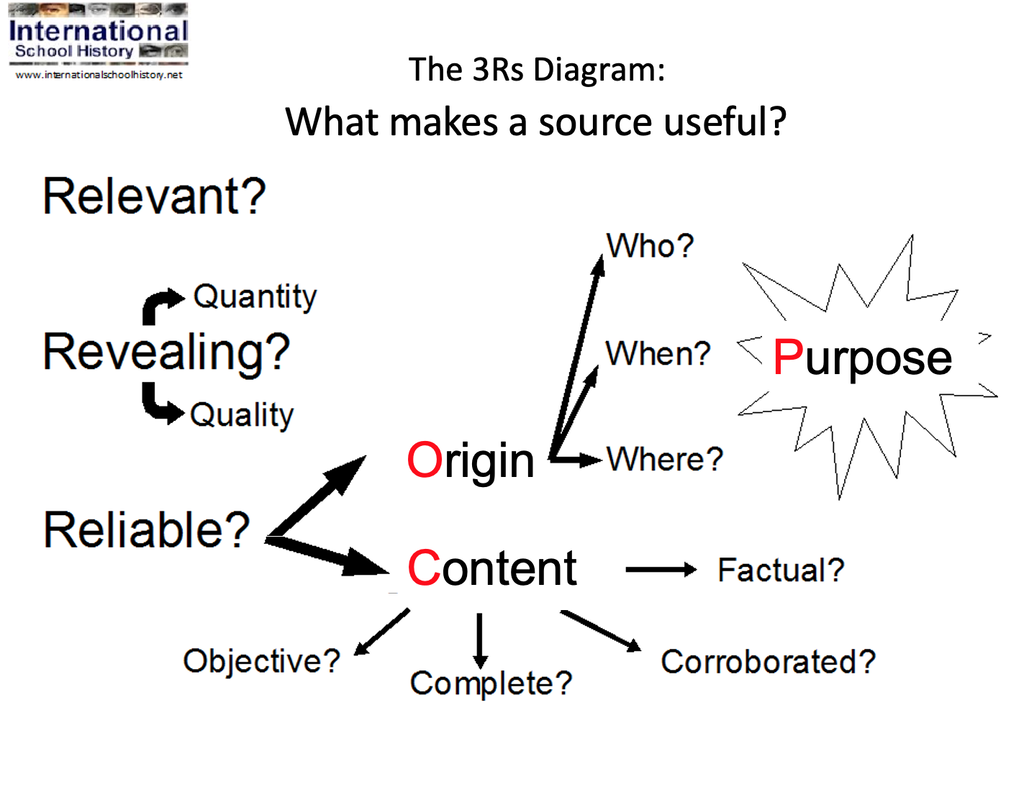* Designated a subject of particular importance in the Anglophone history oral exam.
Matu syllabus reference - Seconde guerre mondiale : brosser un tableau général du déroulement de la guerre et situer les enjeux des grandes aires d’affrontements ; situer les grands accords de la guerre et la naissance de l’ONU. Matu syllabus
Matu syllabus reference - Seconde guerre mondiale : brosser un tableau général du déroulement de la guerre et situer les enjeux des grandes aires d’affrontements ; situer les grands accords de la guerre et la naissance de l’ONU. Matu syllabus
|
This is a particularly important topic in IB history as it bound to feature in your exams. Content is covered in Paper 1 The Move to Global War (Case study 1: Japanese expansion in East Asia 1931-1941 and Case Study 2: German and Italian expansion 1933-1940) and Paper 2 essay World history topic 11: Causes and effects of 20th century wars. There is also obvious overlap with Topic 10: 20th century authoritarian states. Therefore it is possible that content from this section could feature in both your IB exams.
|
Revision
|
A4 Revision essentials is a printable but not editable A4 sheet with the absolute essentials to hopefully help you pass the Matu.
'Six like Sydney' is from the notes of a very successful former student. Be careful, these are very much more detailed than usual and includes Sydney's exam preparation. 15k words! |
End of Unit Test - Friday 10th November 2023
There will be two sections to the end of unit test.
Section A - Factual recall. [16 marks]
These 16 questions will require short - even one-word - answers that test your knowledge of the unit. Facts mean names, dates, places etc.
FAQ: Does this mean you have to learn all the dates? No... but all the answers expected here are things you should know. You will need good factual knowledge throughout all sections of this test, so here is a comprehensive 45 question quiz to help you.
There will be two sections to the end of unit test.
Section A - Factual recall. [16 marks]
These 16 questions will require short - even one-word - answers that test your knowledge of the unit. Facts mean names, dates, places etc.
FAQ: Does this mean you have to learn all the dates? No... but all the answers expected here are things you should know. You will need good factual knowledge throughout all sections of this test, so here is a comprehensive 45 question quiz to help you.
Section B - Four part source analysis on the causes of World War II
The focus of the source analysis will be the content of lessons 1-4. There will be four questions in the same style as an IBDP history Paper 1 (see our earlier work on Italy in 1830-48 and end of unit test 7 on World War 1.)
Question 1a: [3 marks] = 5 minutes
Tips for phrasing answers:
The first point the source is making/the first reason given by the source… The second is… The third is…
Example question - What, according to Source J, were the effects for Britain of the signing of the Three Power/Tripartite Pact?
(Click to reveal the mark scheme)
- This question is testing you on your reading comprehension and requires you to write about the message of the source i.e. what the source is telling you.
- It is worth 3 marks so you should aim to have at least 3 main points, 4 if you have time. Don’t spend much more than 5 minutes on this question.
- You should paraphrase parts of the text. You can include short sections of quotations but don’t include large chunks from the text because it takes time and doesn’t show the examiner what you understand from the sources.
Tips for phrasing answers:
The first point the source is making/the first reason given by the source… The second is… The third is…
Example question - What, according to Source J, were the effects for Britain of the signing of the Three Power/Tripartite Pact?
(Click to reveal the mark scheme)
|
|
Question 1b: [2 marks] = 5 minutes
Tips for phrasing answers:
The message conveyed by the cartoon is that… and this is supported by… The second message conveyed by the source is… because the source shows…
Example question - What is the message conveyed by Source L?
(Click to reveal the mark scheme)
- This question also requires you to show your historical understanding but of an image or a cartoon.
- It is worth 2 marks and so you should aim for 2 separate points about the message of the cartoon.
- Use evidence from the cartoon to support each of your points
- Make sure you have a clear understanding of the cartoon before you start to write your answer, otherwise you will waste valuable time
Tips for phrasing answers:
The message conveyed by the cartoon is that… and this is supported by… The second message conveyed by the source is… because the source shows…
Example question - What is the message conveyed by Source L?
(Click to reveal the mark scheme)
|
|
|
Question 2: [4 marks] = 10 minutes
In this question you will analyse the: O (Origin) P (Purpose) C (Content) V (Value) L (Limitations) of one source!
The source is valuable as it… (origin) The source is also valuable because it shows … (purpose). The limitations of the source are …(origin). The source is also limited because … (content). NB you should refer to origin, purpose and content at least once in your answer. |
Example question - With reference to its origin, purpose and content, analyse the value and limitations of Source I for an historian studying the Three Power/Tripartite Pact (September 1940).
(Click to reveal the mark scheme)
(Click to reveal the mark scheme)
|
|
Question 3: [6 marks] = max. 15 minutes max
Question 3 requires you to compare and contrast the content of the sources. You should not include the origin or purpose of the source.
Tips for phrasing the answer:
Paragraph 1 (Compare): Both Source A and D agree that ….. Source A states that ……… and Source D states that …. Both sources agree that …… because Source A says “quote” ……… and Source D says that …. (use transitional or connective phrases such as: likewise; similarly; both etc.)
Paragraph 2 (Contrast): The sources contrast by ………. While Source D says ………., Source A says ………….(use transitional or connective phrases to show difference such as: however; in contrast, whereas, this fact is ignored in source… etc.)
Question 3 requires you to compare and contrast the content of the sources. You should not include the origin or purpose of the source.
- make sure you compare and contrast the sources using the criteria/specific factors outlined in the question
- Compare = similarities = 1st paragraph, 1-2 points
- Contrast = differences = 2nd paragraph, 1-2 points
- Make sure you have a running commentary of both sources in relation to one another. You should NOT address the sources separately. A good way to approach this is: if you are writing about a point that one source is making (content) you should then analyse directly afterwards how the second source makes either a similar or different point.
- Read the sources carefully and underline key quotes you will use (or parts of the quote you will use)
Tips for phrasing the answer:
Paragraph 1 (Compare): Both Source A and D agree that ….. Source A states that ……… and Source D states that …. Both sources agree that …… because Source A says “quote” ……… and Source D says that …. (use transitional or connective phrases such as: likewise; similarly; both etc.)
Paragraph 2 (Contrast): The sources contrast by ………. While Source D says ………., Source A says ………….(use transitional or connective phrases to show difference such as: however; in contrast, whereas, this fact is ignored in source… etc.)
Example question - Compare and contrast what Sources J and K reveal about the significance of the Three Power/Tripartite Pact.
(Click to reveal the mark scheme)
(Click to reveal the mark scheme)
|
|
Question 4: [9 marks] = 25 minutes
Question 4 is a debatable sythesis question. It is debatable because the answer is neither yes nor no. It is a synthesis question because you have to synthesise the sources you are given (not necessarily all of the sources but at least two) with what you know in advance.
Question 4 is a debatable sythesis question. It is debatable because the answer is neither yes nor no. It is a synthesis question because you have to synthesise the sources you are given (not necessarily all of the sources but at least two) with what you know in advance.
- You must answer the question just like you would in a normal essay
- Refer to the sources in your response, plus your own detailed knowledge- you need to do both of these in this mini-essay otherwise you will be deducted significant marks
- Make sure you show balance in your arguments, especially if the sources offer varied opinions; show the examiners that you are aware of different interpretations of the topic
- Use the sources as evidence to support your points
- Before starting question 4: Reread the sources; Plan your response; Work out your thesis or line of argument
- Also remember to produce a brief introduction - which establishes your response to the question and what big points you are going to make - and a conclusion.
- You will have five minutes reading time before being allowed to write. Before reading the sources it is a good idea to plan an answer to the fourth question so that you have an essay plan in head before you get distracted by working on the sources for 35 minutes.
Example question - Using the sources and your own knowledge, evaluate the consequences of the Three Power/Tripartite Pact for Japan, China and the US up to the end of 1941.
|
Based on content produced by chelsiebulman.wordpress.com/paper-1-skills/
|













